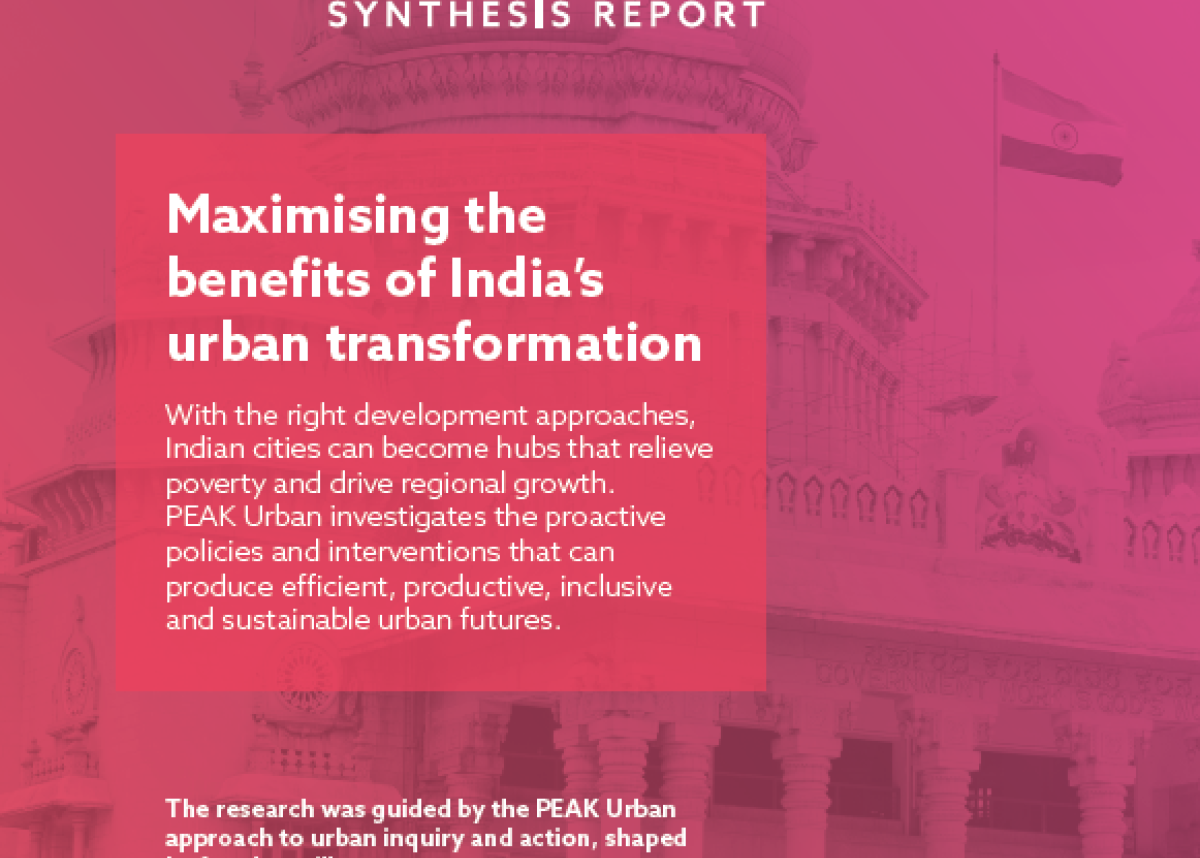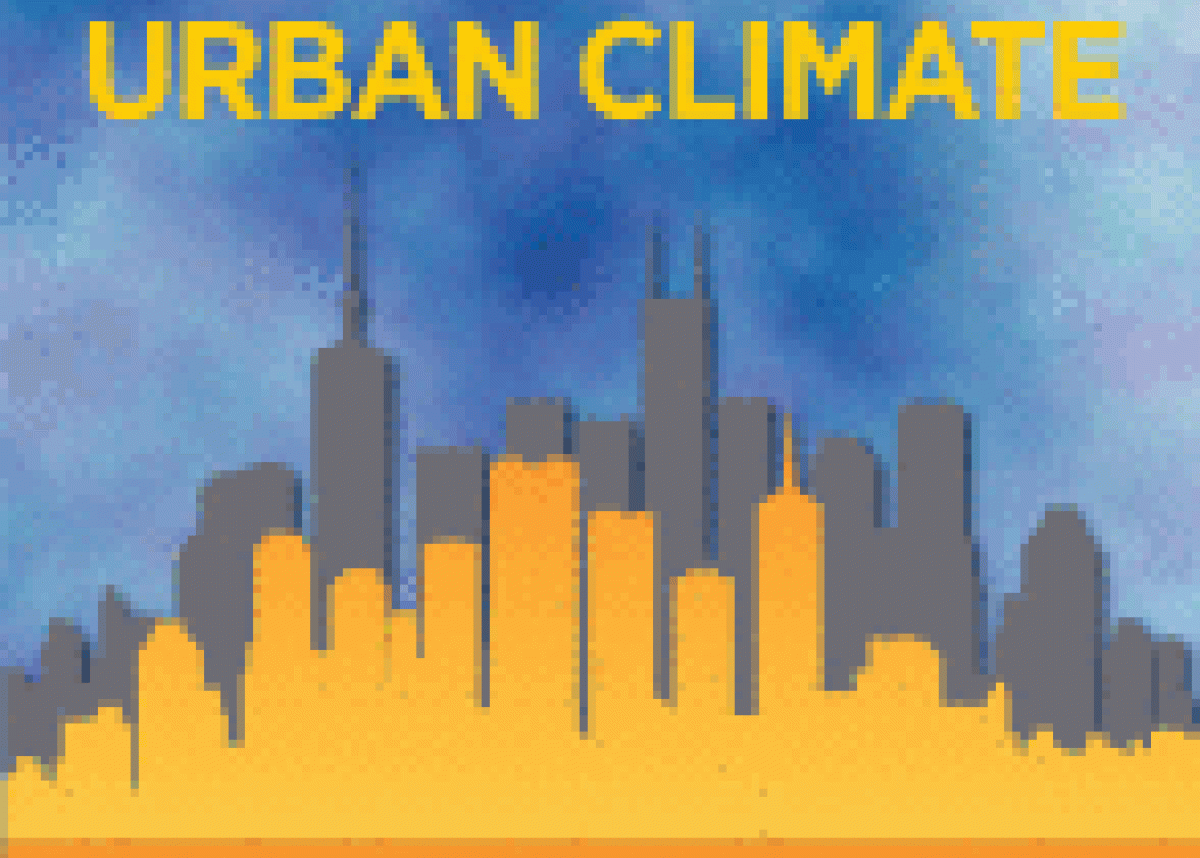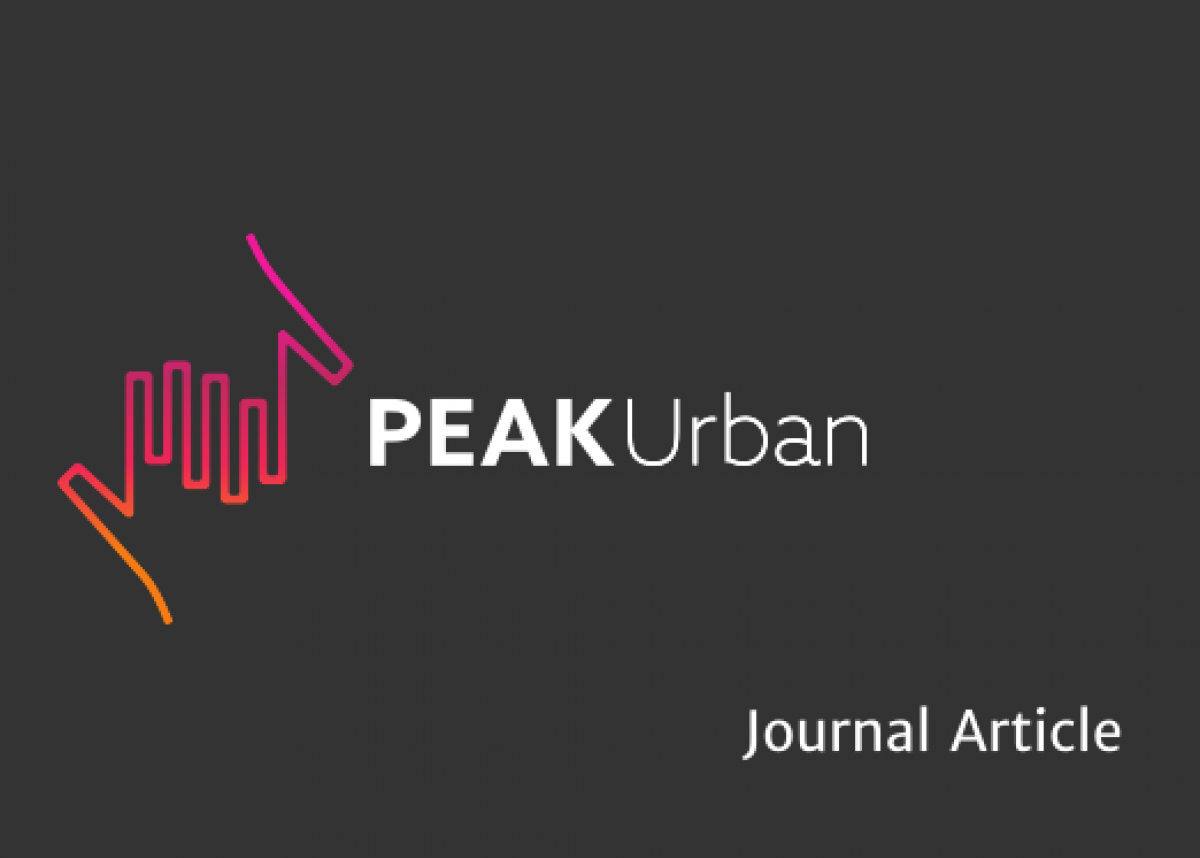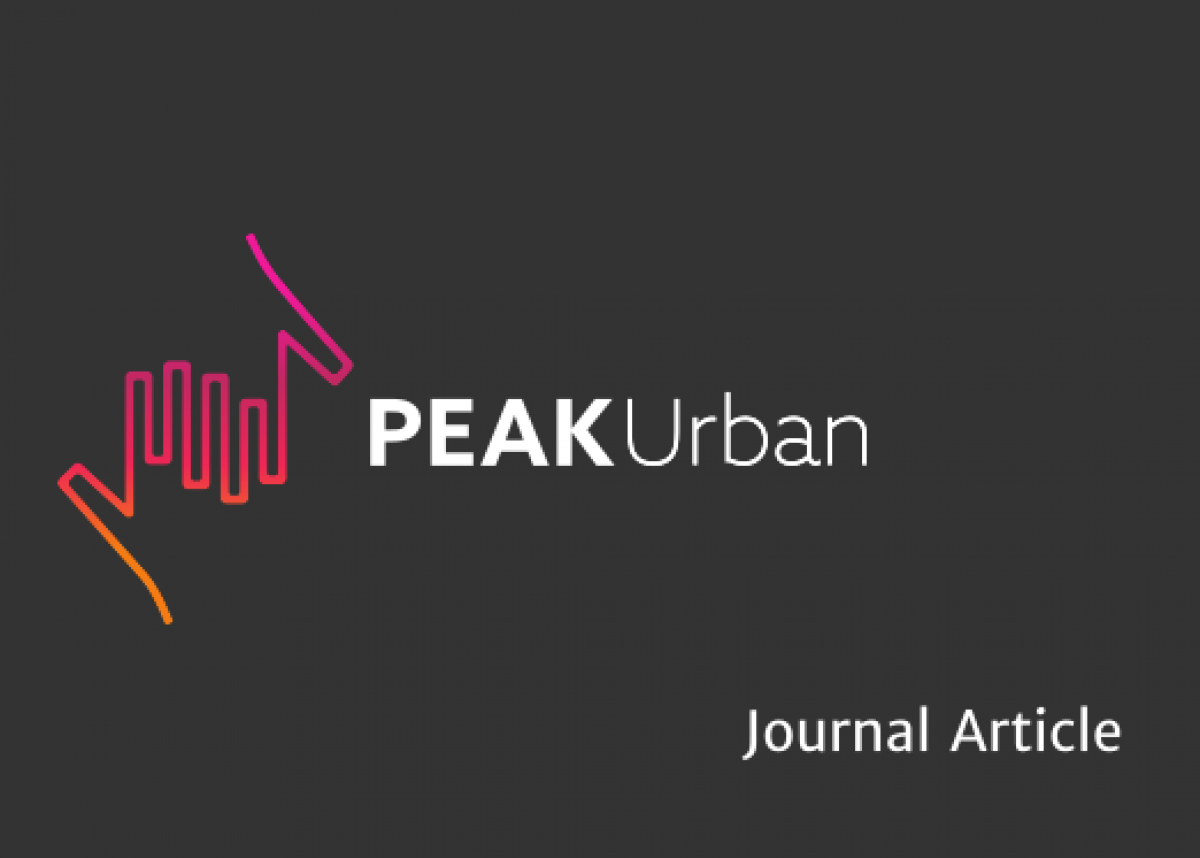
A clustering approach to clean cooking transition pathways for low-income households in Bangalore
Improving access to clean cooking is a key part of India’s strategy to reduce energy poverty and tackle the health impacts of solid biomass fuel use.
Currently policies to promote uptake of clean cooking fuels do not account for local socio-economic and cultural context. Lack of access to clean cooking is a multi-dimensional problem that requires an understanding of both socio-economic macro-scale trends, as well as household and community behaviour at a micro-scale.
This study uses data science approaches to integrate quantitative and qualitative data from a survey of low-income households in Bangalore, to identify dominant socio-economic characteristics, behaviours, and decision-making that act as barriers to clean cooking across a community. Key barriers identified include awareness and access to subsidy programmes, safety concerns, as well as weak community networks. Low income households can also be adversely affected by kerosene restrictions intended to promote LPG uptake. The clean cooking transition pathways identified can support targeting of local policy interventions to address barriers to clean cooking faced by different groups of households.








